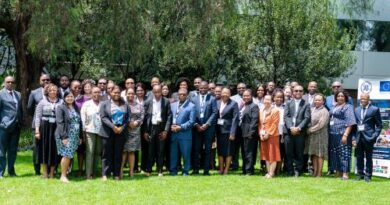Debt Maturity Misalignment Could Spark Socioeconomic Instability During Election Years – Expert Warns
Economic expert Kelvin Chisanga has raised concerns about the potential socioeconomic risks posed by Zambia’s debt maturity structure aligning with election years.
Speaking on the nation’s ongoing debt restructuring efforts, Mr. Chisanga emphasized the critical need for strategic alignment of debt repayment obligations to prevent disruptions to economic stability during election cycles.
Zambia has made notable progress in addressing its debt challenges, with 75% of the nation’s external debt already renegotiated. However, Mr. Chisanga highlighted that despite these strides, domestic debt maturity timelines remain a pressing issue.
He pointed to the challenges posed by overlapping political and economic pressures, particularly with elections slated for 2026 and 2031.
“Election years often strain Zambia’s economic performance,” Mr. Chisanga observed, adding that aligning major debt repayments with these politically charged periods could amplify liquidity pressures.
He cautioned that such scenarios could destabilize forex markets, disrupt fiscal operations, and hinder both economic and political aspirations.
The expert also noted that Zambia’s current efforts in debt servicing have placed significant demands on the national budget, underlining the importance of resolving outstanding debt issues promptly.
He urged policymakers to critically assess the nation’s debt maturity framework to ensure that economic growth and political stability are not jeopardized.
Mr. Chisanga’s call for proactive measures comes amid a challenging economic environment, as Zambia navigates prolonged debt negotiations and tight liquidity.
His recommendation to delink major debt repayment schedules from election years offers a pathway to mitigating risks and fostering sustainable economic management.



